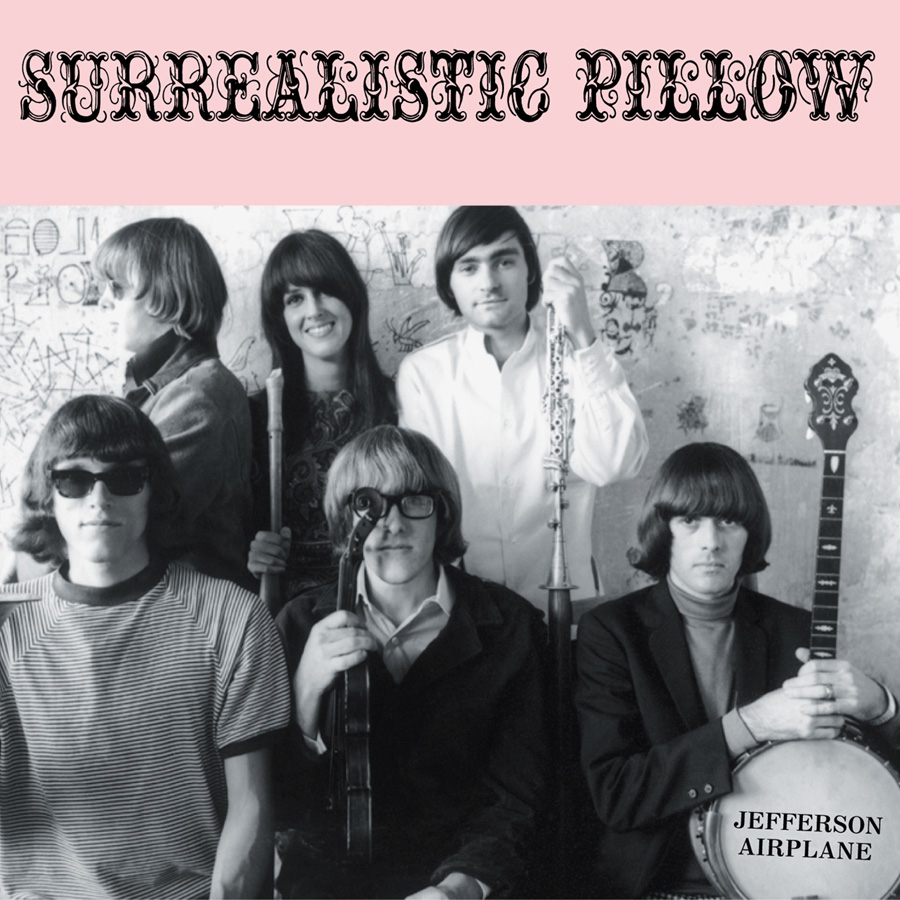
Jorma Kaukonen, bottom left
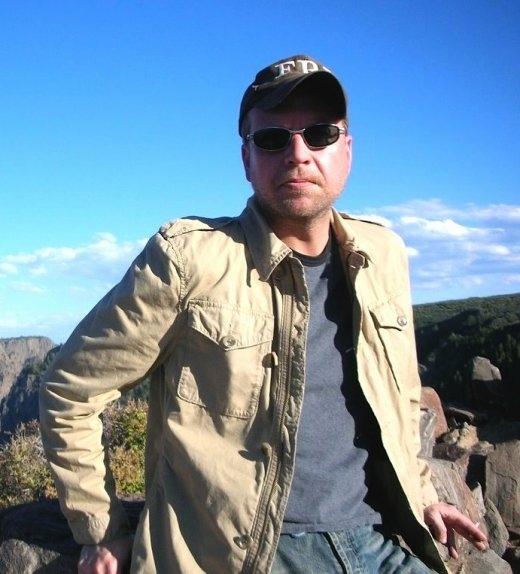 BY JONATHAN VALANIA Son of a Finnish American father and Russian Jewish mother, Jorma Koukonen spent his early child in the Phillipines and his teenage years in Washington D.C., where he learned to play guitar. He played in an early rock ‘ roll band called the Triumphs in the late 50s, before being seduced by the finger-style acoustic blues playing of Reverend Gary Davis whilst attending Antioch college. In 1962 he moved to the Bay Area to attend Santa Clara University, where his roommate was one Paul Kantner. During this time he struck up a friendship and musical partnership with a then-unknown Janis Joplin, performing old blues covers in coffeehouses. The duo can be heard rehearsing in a 1964 recording later released as a bootleg called The Typewriter Tapes, thusly named for the sound of Kaukonen’s first wife typing a letter to her parents which is audible throughout. The following year, Kaukonen was invited to join the band that would soon become known as the Jefferson Airplane, and the rest is the stuff of endless PBS documentaries about the psychedelic 60s. In the early 70s, Kaukonen left the Airplane to devote himself full time to Hot Tuna, a blues jam band he formed with fellow Airplane alum Jack Casady, which continues to perform live to this day. When not performing solo or with Hot Tuna, Kaukonen hosts wildly popular weekend-long guitar clinics at his Peace Fur Ranch in Ohio. Currently, the clinics are sold out well into next year. Jorma Kaukonen performs on the Main Stage tonight at the Philadelphia Folk Festival.
BY JONATHAN VALANIA Son of a Finnish American father and Russian Jewish mother, Jorma Koukonen spent his early child in the Phillipines and his teenage years in Washington D.C., where he learned to play guitar. He played in an early rock ‘ roll band called the Triumphs in the late 50s, before being seduced by the finger-style acoustic blues playing of Reverend Gary Davis whilst attending Antioch college. In 1962 he moved to the Bay Area to attend Santa Clara University, where his roommate was one Paul Kantner. During this time he struck up a friendship and musical partnership with a then-unknown Janis Joplin, performing old blues covers in coffeehouses. The duo can be heard rehearsing in a 1964 recording later released as a bootleg called The Typewriter Tapes, thusly named for the sound of Kaukonen’s first wife typing a letter to her parents which is audible throughout. The following year, Kaukonen was invited to join the band that would soon become known as the Jefferson Airplane, and the rest is the stuff of endless PBS documentaries about the psychedelic 60s. In the early 70s, Kaukonen left the Airplane to devote himself full time to Hot Tuna, a blues jam band he formed with fellow Airplane alum Jack Casady, which continues to perform live to this day. When not performing solo or with Hot Tuna, Kaukonen hosts wildly popular weekend-long guitar clinics at his Peace Fur Ranch in Ohio. Currently, the clinics are sold out well into next year. Jorma Kaukonen performs on the Main Stage tonight at the Philadelphia Folk Festival.
PHAWKER: Your first band was called The Triumphs, please tell us a little about that. We’re picturing Beatle boots, Voxx amps, surf instrumentals and more songs about girls and hot rods.
JORMA KAUKONEN: The Triumphs was in 1958… picture Fender amps and guitars, Silvertone amps, Gretsch guitars, and band uniforms from the 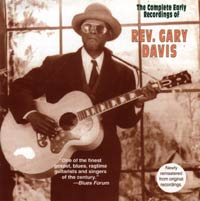 National Shirt Shop. Picture Lucky Tiger Hair Wax.
National Shirt Shop. Picture Lucky Tiger Hair Wax.
PHAWKER: The Reverend Gary Davis and Blind Blake were a major influence. If the Martians landed tomorrow and asked ‘Who is this Reverend Gary Davis and Blind Blake and why is they so important to you?’ what would you tell them?
JORMA KAUKONEN: Rev. Davis is one of the most important figures of 20th Century American Music, not just as a guitar player but as a composer and
musical visionary. Blind Blake ditto to a lesser degree..
PHAWKER: Bob Weir said that your biggest influence on your guitar playing was in fact certain piano players. Please tell us who these piano players are, what drew you to them and what was it about their playing style that inspired some new possibility for the guitar?
JORMA KAUKONEN: Jelly Roll Morton… Leroy Carr… In a somewhat more than metaphoric way, in finger style guitar, the thumb of the right hand can approximate the left hand of a piano player and the fingers the right.
PHAWKER: Please explain the circumstances surrounding “The Typewriter Tape” with Janis Joplin [pictured below, with Jorma].
JORMA KAUKONEN: Rehearsal for a gig at the Coffee Gallery in San Francisco. Ex wife (may she rest in peace) writing a letter home.
PHAWKER: What can you tell us about your first LSD experience and what impact did it have on you both as a person and as a musician? Also, what can you tell us about your last LSD experience?
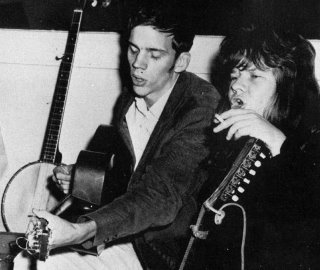 JORMA KAUKONEN: No comment.
JORMA KAUKONEN: No comment.
PHAWKER: “White Rabbit” was in many ways the definitive psychedelic anthem and it remains an extraordinary song 45 years later — especially the mono version. What can you tell us about the creation of that song and the recording of it, as well as the politics of it. Did you guys feel like you were drawing a line in the sand with that song? Like it was a declaration of independence?
JORMA KAUKONEN: For me… it was a cool composition that was a challenge to come up with parts for.
PHAWKER: What guitar parts are you playing on “White Rabbit”? That dreamy, arabesque part at the beginning or the more percussive second guitar that comes in at the 1:23 mark? What parts are you playing on “Somebody To Love”?
JORMA KAUKONEN: Tough question to answer with words… playing what fit
PHAWKER: You guys were on the cover of Life magazine as the face of “The New Rock,” which was pretty monumental. Life loomed very large in mainstream America. What do you remember about that experience? Did the writer get it mostly right or was the article completely clueless? Where you guys rolling your eyes during that photo shoot or were you into it?
JORMA KAUKONEN: In that fifteen minutes when we were big stars, the Life article was part of the package… we were so fortunate to get it… all things considered, it was pretty correct… as far as it went.
PHAWKER: At what point did audiences in San Francisco stop dancing and just stand there and stare?
JORMA KAUKONEN: Hard to say… when they got too stoned to move?
PHAWKER: What do you remember about playing Altamont? Why did the Hell’s Angels knock out Marty? Where you there for the Stones performance? Does the Maysle brothers’ Gimme Shelter jibe with how you remember it all going down?
JORMA KAUKONEN: I remember an unpleasant gig. I didn’t hear what Marty said to get smacked… I left as soon as we left the stage… i don’t recall 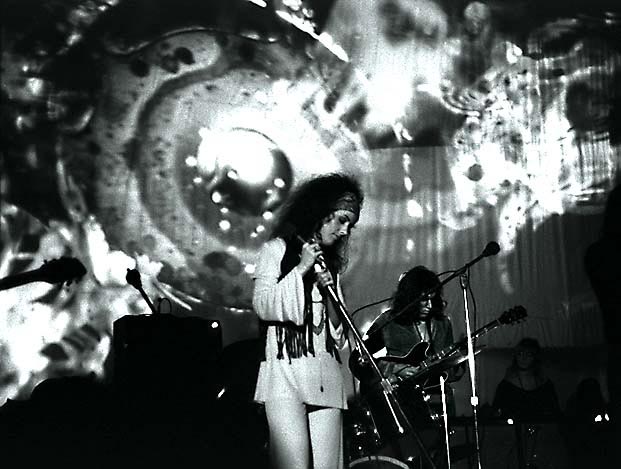 having watched the movie.
having watched the movie.
PHAWKER: Why did Jefferson Airplane break up? Or why did you leave?
JORMA KAUKONEN: Life imposed… time to move on.
PHAWKER: How did you manage to avoid Vietnam?
JORMA KAUKONEN: The service didn’t want me… and I was too old.
PHAWKER: Your next band was called Hot Tuna, which sounds kinda dirty. Where did the name come from? And for that matter where did the name Jefferson Airplane come from?
JORMA KAUKONEN: Blind Boy Fuller song called “Keep On Truckin’ Mama” — ‘What’s that smell like fish oh baby?’ Jefferson Airplane was from a goofy name a friend gave me.
PHAWKER: You’ve now gone back to your pre-psychedelic roots, to folk and country blues. Why is that? Does that music speak to you more at this stage of your life?
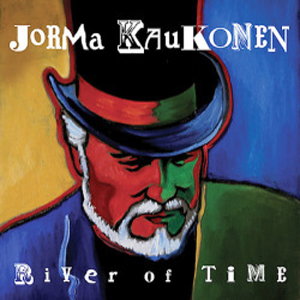 JORMA KAUKONEN: It never stopped speaking to me… It’s just where I came from and where I live most of the time.
JORMA KAUKONEN: It never stopped speaking to me… It’s just where I came from and where I live most of the time.
PHAWKER: You currently own The Fur Peace ranch in Ohio where you host these specially-themed weekend long guitar clinics. Tell us about that.
JORMA KAUKONEN: The Fur Peace Ranch (www.furpeaceranch.com) holds weekend workshops for many instruments. Last weekend we had the Persuasions do a vocal workshop and Verlon Thompson did a songwriter class… me for guitar of course. It’s 3 and a half days for men an women to invite their souls in a serene atmosphere.
JORMA KAUKONEN PERFORMS AT THE PHILADELPHIA FOLK FESTIVAL TONIGHT
